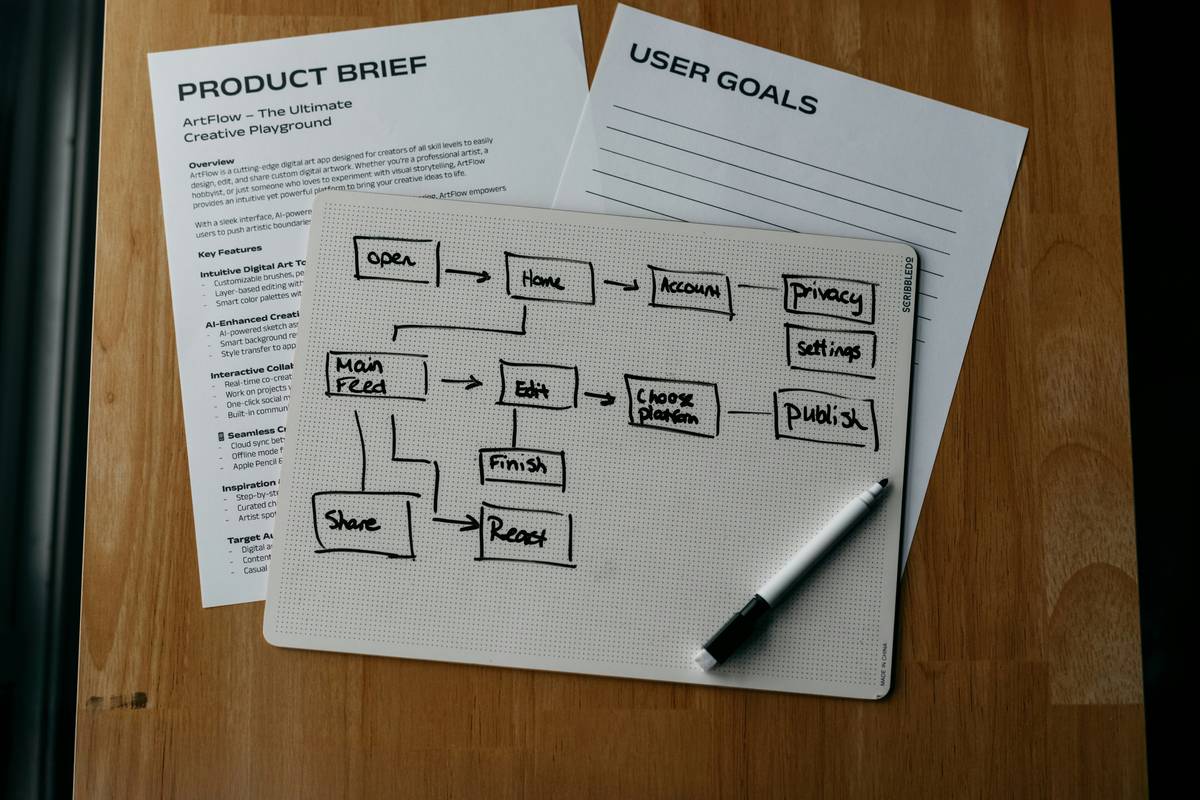Ever stared at a joint credit card application and wondered how your credit score might take a hit? Or worse, realized too late that applying together wasn’t the financial win you thought it would be? We’ve been there. Navigating the labyrinth of credit checks for joint applications can feel like decoding an alien language.
In this guide, we’ll demystify what happens during a joint credit card application credit check, explain its implications, and show you how to protect both partners’ credit health while moving forward. By the end, you’ll feel confident deciding whether a joint credit card is right for you—no more sleepless nights over hidden credit hits!
Table of Contents
- The Reality Behind Joint Credit Cards
- How Does a Credit Check Work on Joint Applications?
- Best Practices for Applying Together
- Real-Life Success Stories
- Frequently Asked Questions (FAQ)
Key Takeaways
- A joint credit card application triggers a hard inquiry on each applicant’s credit report.
- Hard inquiries may temporarily lower individual credit scores but rarely cause long-term damage.
- Poor planning could lead to unnecessary dings in both applicants’ credit histories.
- Talk openly about finances before applying to avoid surprises later.
The Reality Behind Joint Credit Cards
I once convinced myself that signing up for a joint credit card with my partner was “relationship goals.” Fast-forward two weeks later, I found myself staring at our monthly statements—and trust me, not all of them were happy meals. Oops.
Joint credit cards sound ideal: shared responsibility, pooled rewards points, easier money management as a couple. But they come with strings attached, starting with the dreaded credit check.

When banks review your joint application, they run a hard inquiry on both individuals’ credit reports. While one or two inquiries won’t tank your score forever, repeated mistakes in timing these applications can add up—a classic “don’t do what I did” moment.
How Does a Credit Check Work on Joint Applications?
What Happens During a Hard Inquiry?
“Optimist You:” “It’s just a quick peek into my credit history!”
“Grumpy Me:” “Ugh, fine—but only if coffee’s involved.”
Here’s the tea: When you apply for a joint credit card, lenders need to assess risk by checking both applicants’ creditworthiness via hard credit inquiries. These differ from soft inquiries (like when you check your own credit), which don’t affect your score.
Will My Score Drop?
Short answer: Maybe a little. Longer answer: Each hard inquiry typically knocks off 5–10 points from your score for a few months. If you and your co-applicant already have good credit, this dip should recover quickly. However…
Brutal Honesty Alert: Don’t fall for the scammy advice floating online saying “just ignore the impact!” Ignoring it won’t make the issue vanish—it’ll fester quietly until something bigger goes wrong.
Best Practices for Applying Together
If done wisely, a joint credit card can strengthen your financial partnership without hurting your credit. Here are some actionable tips:
- Check Your Scores First: Use free tools like Credit Karma or Experian to review your reports. Both parties should aim for scores above 670.
- Space Out Big Purchases: Avoid stacking multiple credit inquiries within a short timeframe. Lenders view frequent applications as risky behavior.
- Discuss Spending Limits: Agree on a cap beforehand. One person maxing out the card = bad news bears.
- Have Open Conversations: Share any past debts, bankruptcies, or collections upfront. Transparency avoids messes down the road.

Real-Life Success Stories
Couple #1: From Stress to Cashback Bliss
Jamie & Alex started cautiously by using their joint credit card exclusively for groceries and utility bills. They tracked spending religiously and paid off balances every month. Two years later, they earned enough points to book a dream vacation—all thanks to smart planning.
Couple #2: Lessons Learned the Hard Way
Sarah forgot to tell her fiancé about her student loan default. When he applied jointly for a premium travel card, the lender rejected them outright. Lesson learned: Always disclose existing issues early!
Frequently Asked Questions (FAQ)
Q: Can I apply for a joint credit card if my partner has bad credit?
Absolutely, but expect higher interest rates or reduced approval odds. In such cases, consider building their credit first through secured cards or authorized user status.
Q: Is a joint credit card better than adding an authorized user?
Not necessarily. A joint account means equal liability; an authorized user setup keeps primary responsibility with one party. Choose based on your comfort level.
Q: Do both names appear on the billing statement?
Yes! That’s part of being joint account holders. Just remember, accountability is equally split between both parties.
Conclusion
We covered everything from the nitty-gritty of joint credit card application credit checks to savvy strategies for keeping your scores intact. Remember, honesty truly is the best policy here—you’re teaming up financially, so transparency matters!
To recap:
- Understand how hard inquiries work.
- Prepare thoroughly before submitting your application.
- Communicate openly with your partner throughout the process.
Now go forth and conquer those credit goals like true Power Rangers of Personal Finance. ✨💸 Like trading Pokémon cards back in the day, teamwork makes the personal finance dream work.


